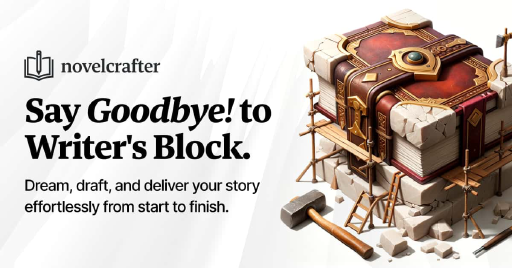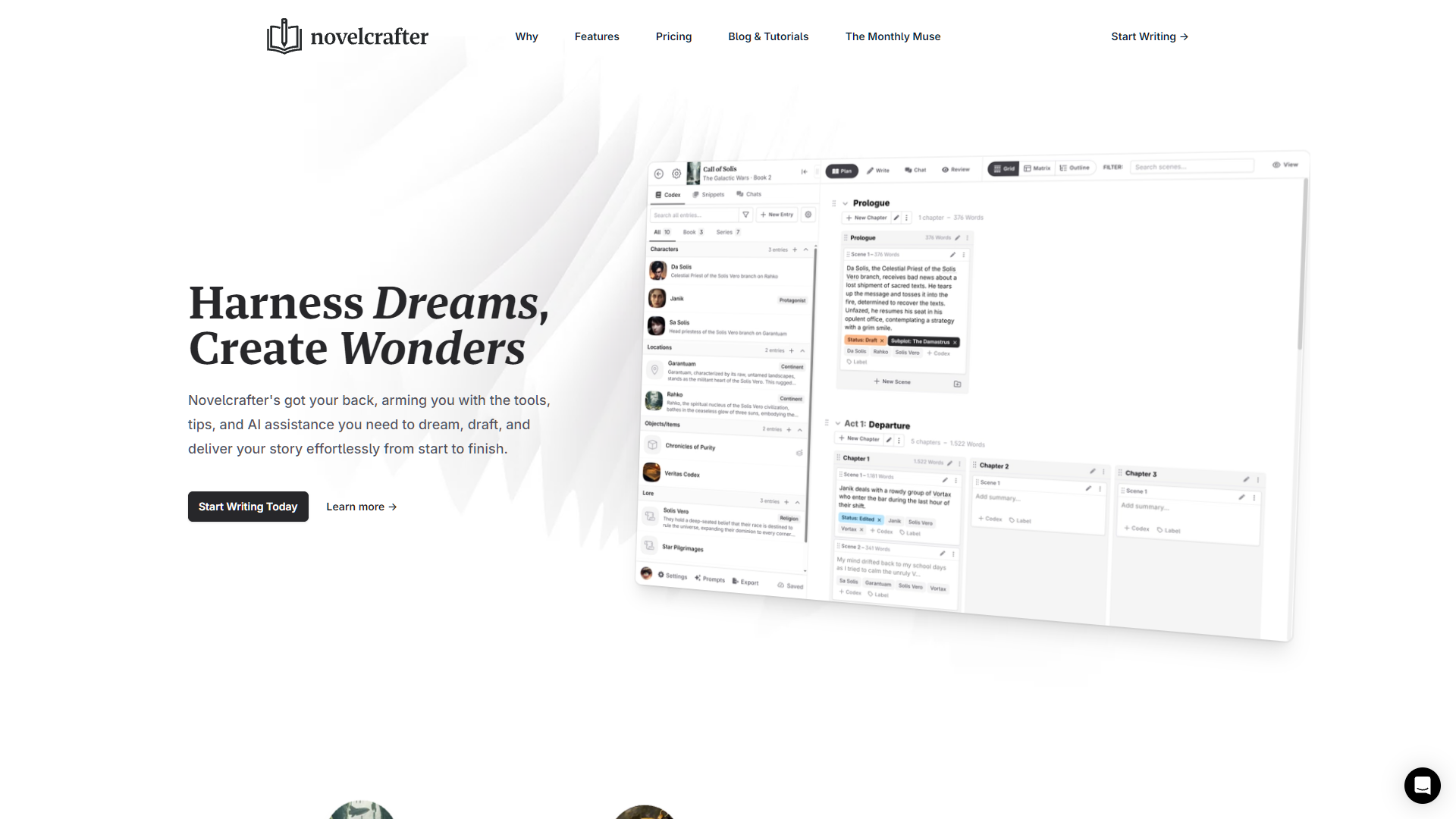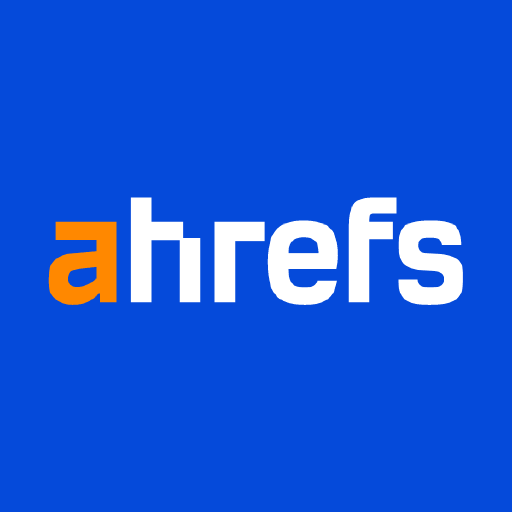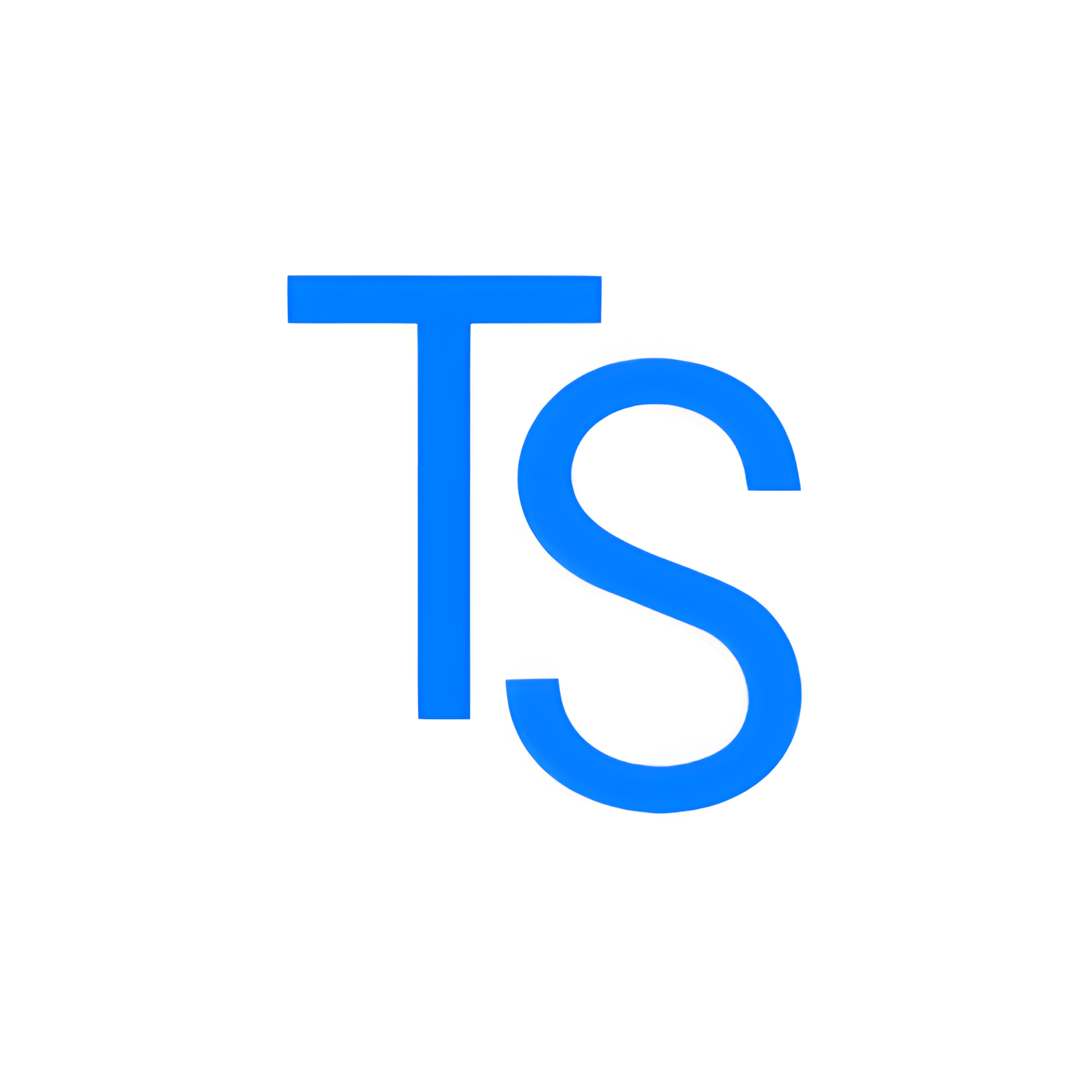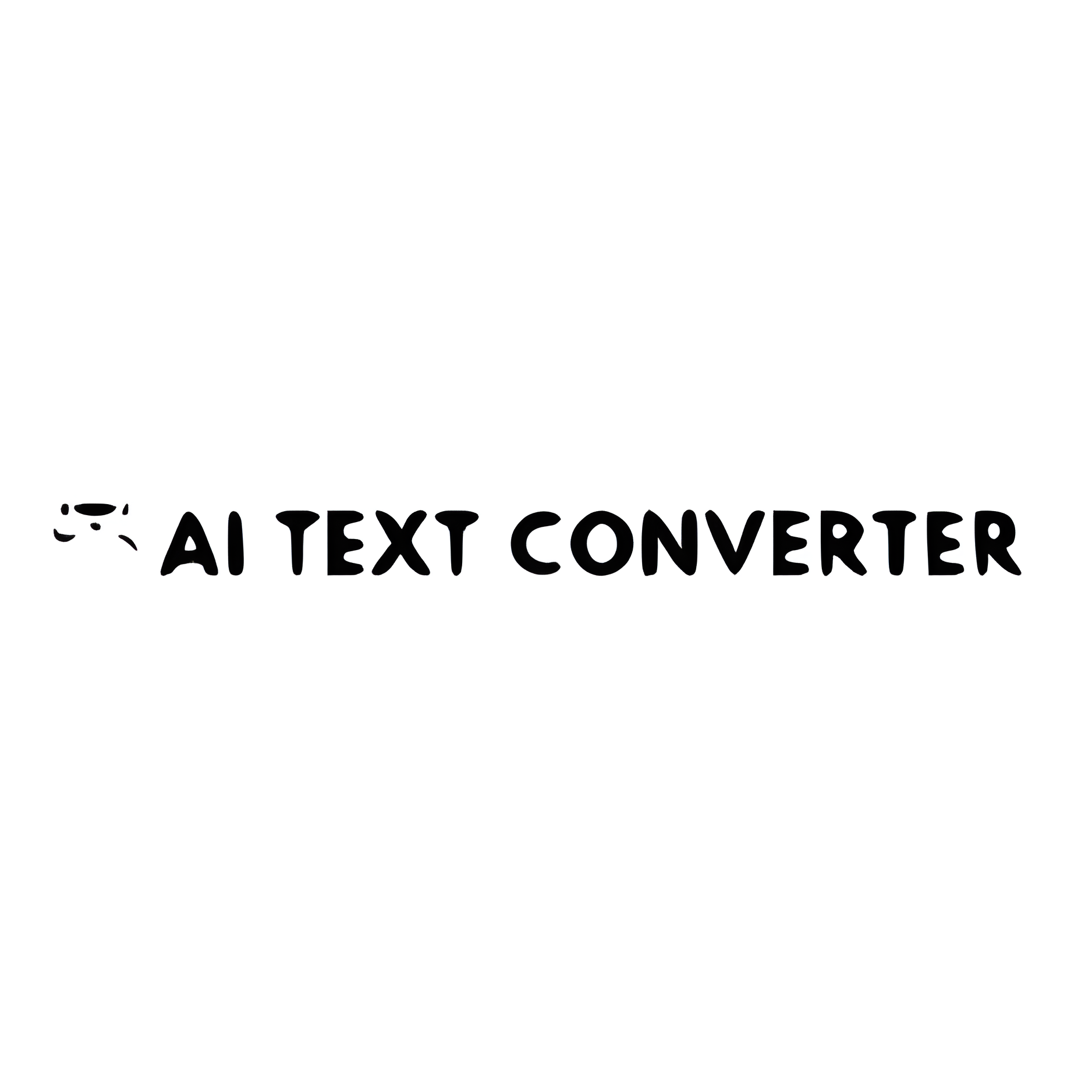Overview
Novelcrafter is an innovative AI-powered writing tool designed to support writers at every stage of their creative journey. With its comprehensive suite of features, Novelcrafter enables users to conceptualize, draft, and finalize their stories with ease and efficiency. At the heart of the platform is The Codex, a personal Wiki where writers can meticulously organize and reference all elements of their narrative universe, including characters, settings, and historical details. This repository not only enhances storytelling consistency but also integrates seamlessly with the AI to provide contextual assistance during the writing process.
The platform's Story Board allows for detailed plotting and planning, catering to those who thrive on structure, while its distraction-free writing interface supports spontaneous, flow-state writing. Novelcrafter's Workshop feature is ideal for brainstorming and fleshing out new ideas, ensuring creativity remains unhindered. Additionally, the platform offers unique customization by allowing writers to incorporate their own AI models, tailoring the tool to their specific needs.
Enhanced by features like Tinkering Mode for dynamic idea exploration and the Codex for creating interactive story glossaries, Novelcrafter not only streamlines the writing process but also enriches the creative experience, as evidenced by glowing testimonials from a diverse range of authors. Whether planning meticulously or diving straight into the narrative, Novelcrafter is the perfect companion for any writer aiming to bring their stories to life.
Key features
- The Codex: A personalized wiki where writers can store and manage detailed information about their story's characters, locations, and lore, enhancing continuity and depth.
- Story Board: A planning tool that allows writers to outline their stories, arrange scenes, and visualize the narrative flow, catering to both planners and pantsers.
- Distraction-free writing: Provides a clean, minimal interface designed to help writers focus solely on their writing, eliminating all unnecessary distractions.
- Workshop: A brainstorming space where writers can generate ideas, explore new story possibilities, and receive AI-driven suggestions based on their existing content.
- Writing statistics: Offers detailed analytics on writing habits, progress, and patterns, helping writers understand and improve their writing efficiency and style.
- Tinkering Mode: An innovative feature that supports dynamic brainstorming sessions, allowing writers to experiment with different story elements and plot twists interactively.
 Pros
Pros
- Collaborative editing: Allows multiple writers to work on the same project simultaneously, facilitating teamwork and enhancing creative synergy.
- Revision history: Tracks all changes made to a document, enabling writers to revert to previous versions and understand the evolution of their work.
- Mobile compatibility: Ensures writers can access and edit their manuscripts on any device, providing flexibility to write anytime, anywhere.
- Integrated publishing tools: Offers built-in features for formatting and preparing manuscripts for publishing, streamlining the transition from writing to publication.
- Customizable interface: Allows writers to adjust the writing environment to their preferences, including themes, fonts, and layout options, for optimal comfort and productivity.
 Cons
Cons
- Complex interface navigation: The Codex's detailed categorization system can be overwhelming, potentially complicating the retrieval of specific information quickly.
- Limited creative spontaneity: Story Board's structured approach might restrict some writers who prefer a more organic, evolving story development process.
- Too minimalistic: Distraction-free writing's interface, while clean, may lack essential tools readily visible, requiring extra steps to access needed features.
- Generic AI suggestions: Workshop's AI-driven suggestions might sometimes feel generic or irrelevant, not aligning well with the writer's unique style or story needs.
- Overemphasis on analytics: Writing statistics might lead to an overfocus on productivity and patterns, potentially stressing writers rather than aiding them creatively.

